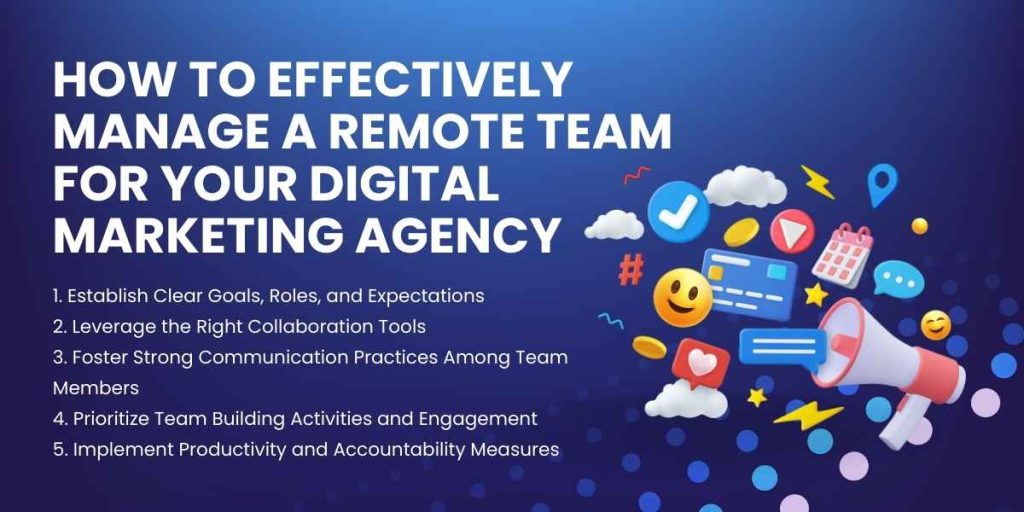How Blockchain Technology is Shaping Digital Marketing The digital marketing landscape is not steady, it is constantly evolving and changing. The new technologies are redefining how businesses connect with their...
Read More
Remote work has become a trend post-COVID-19 era. As an HR professional who has been in this field for seven years, I encountered 3 out of 5 candidates who want to work comfortably in remote settings instead of going to the office regularly or relocating to other cities. There are both financial and emotional reasons. The COVID-19 era has shown us the importance of money, hometown, family members, and peace. During COVID-19, while stuck in different cities away from their hometowns people struggle with loneliness and depression, they struggle to reunite with their loved ones and have to face untimely demises and health challenges. They transformed drastically and so were their priorities. Yes, they realize the importance of money but they also understand how unpredictable life can be and how comfort should also be the priority.
This changed mentality of the workforce has changed the definition of a job and transformed job markets significantly. One such change can be observed in digital marketing agencies across the globe. The way they operate has transformed and hence come into light the remote workplaces. This transformation provides access to global talent and enables flexible working conditions for teams. Now, the question is how to manage the remote team for your digital marketing agency. Managing remote teams in digital marketing comes with unique challenges, including potential communication barriers, maintaining productivity, and ensuring collaboration.
This blog will explore effective virtual team strategies for agencies and will discuss effective actionable tips for remote team leadership for marketing agencies to thrive in a virtual environment.
For managing a remote workforce efficiently, clarity is key. Communicate every role, deliverable, deadlines, and key performance indicators (KPIs) upfront to the team. Ensure every team member understands their responsibilities clearly and how their work aligns with the agency’s objectives.
Effective communication and successful collaboration are two requirements essential for achieving all the unique goals of a digital marketing agency. Collaborative tools help effectively streamline workflows, enable real-time communication, analyze mistakes, and centralize important resources.
Using the right tools is important for remote agencies to ensure your team stays aligned and productive during working hours despite physical distances.
Communication breakdowns are among the biggest challenges while managing digital marketing teams remotely. Proactive and consistent communication helps bridge gaps and make a team more productive and efficient as human resources.
Set up daily meetings or weekly check-ins to discuss progress and address concerns related to tasks, deadlines, and productivity.
Connect on video calls for critical discussions, and team-building activities to build personal connections to enhance understanding.
Remote work can sometimes feel isolating and this can lead to disengagement in team members. As part of remote team leadership for marketing agencies, managers should focus on fostering a sense of belonging and team spirit through various engagement activities.
Maintaining productivity in remote settings can be challenging as managers have to do so without micromanaging. Create a supportive environment for team members where they feel motivated to deliver their best efforts to every task.
Every digital marketing remote work management strategy should anticipate common hurdles and challenges like miscommunication, missed deadlines, or burnout among employees. Being proactive while addressing these issues minimizes their impact and makes the team feel valued while making efforts.
Remote work should not hinder the professional growth of your employees. Equip your team with the skills they need to stay ahead in a competitive industry, especially in the digital marketing field.
Running a remote digital marketing agency requires constant adaptation to the latest technologies. Embrace various feedback, and explore new tools and ideas. Refine your processes to align with your agency’s growth and achieve long-term success.
Stay updated on the latest trends in the digital space to continuously enhance your marketing strategies to thrive in a competitive industry.
Managing a remote digital marketing team is like an adventure. Sometimes it is peaceful but sometimes it can give rise to the feeling of discontentment. Remote working scenario effectively demands a combination of clear communication of goals, the right tools, and an emphasis on team engagement and satisfaction. By following the best practices for running a remote digital marketing agency, businesses can overcome challenges related to less productivity and lack of communication while building a productive and cohesive team. Remember, fostering a healthy work culture filled with trust, innovation, and continuous improvement is key to thriving in the ever-evolving, ever-changing, and competitive digital marketing landscape.
How Blockchain Technology is Shaping Digital Marketing The digital marketing landscape is not steady, it is constantly evolving and changing. The new technologies are redefining how businesses connect with their...
Read MoreBoosting SEO with Schema Markup: A Beginner’s Guide In the competitive business world, small and medium-sized businesses (SMBs) must manage customer relationships effectively to ensure sustainable growth and drive profits....
Read MoreWhy Gamification is the Next Big Thing in Customer Engagement In today’s digital space, grabbing customer’s attention and holding it is a challenge for businesses. Changing priorities of customers encourages...
Read More